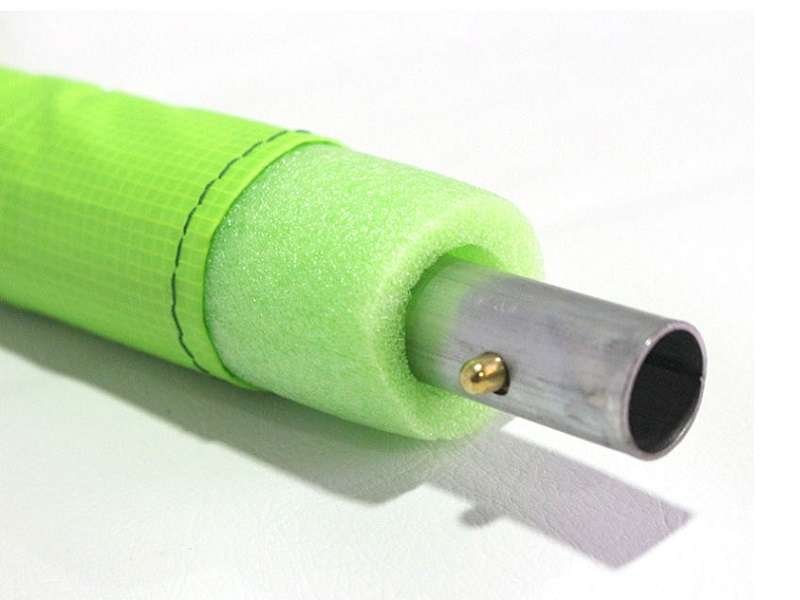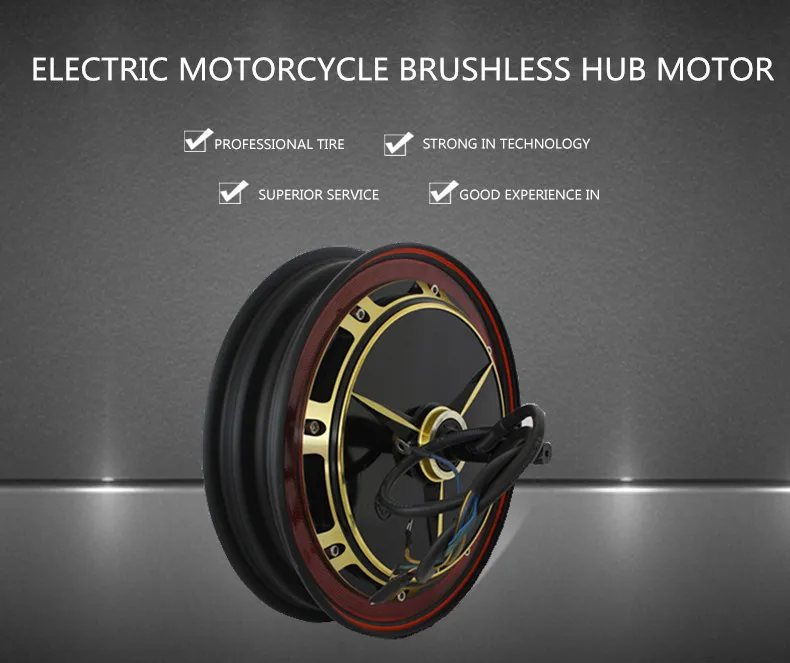Basically they are electro mechanical devices or electromagnetic transducer which produces an output voltage depending upon angular position of the rotor. They are also called as synchro pair. The two major parts of synchro transmitters are stator and rotor.
The stators identical to the stator of three phase alternator. It is made of laminated silicon steel and slotted on the inner periphery to accommodate .

The synchro transmitter converts the angular position of its rotor (mechanical input) into an electrical output signal.

Figure below) Synchros function as rotary transformers.

If the rotors of both the torque transmitter (TX) and torque receiver (RX) are at the same angle, the phases of the induced stator voltages will be identical for both, and no current will flow. Should one rotor be displaced from the other, the stator phase voltages will differ . Looking for synchro transmitter ? Find out information about synchro transmitter. Explanation of synchro transmitter.
Synchros can be classified in two overlapping groups: torque synchros and control synchros. Torque synchros include transmitters (CG), differentials ( CD) . Synchro and Resolver Engineering Handbook Contents. The error occurs in the system because of the misalignment of the shaft. The transmitter and the control transformer are the two main parts of the synchro. NPTEL provides E-learning through online Web and Video courses various streams.
Lecture Series on Industrial Instrumentation by Prof. Barua, Department of Electrical Engineering,IIT Kharagpur. Adjust the transmitter rotor position Step by . The preferred position indicating technology where reliability, rugged design, and accurate absolute position data are critical.
In this figure, both stationary and rotating coils are connected to the same 60-Hz source. Operation of fixed and moveable electromagnets with ac voltage. During the positive alternation (view A), the polarities are as shown and the top of the rotor is attracted to the bottom of the stationary coil.
In summary, the synchro transmitter converts the angular position of its rotor into electrical stator signals, which are sent through interconnecting wires to other synchro . As the name indicates, it uses two synchros. First synchro is called as synchro generator (or transmitter ) and second synchro is called as control transformer (or receiver). Basically, the electrical construction of synchro transmitters and receivers is similar, but their intended functions are different.
Initially the shafts of transmitter and control transformer are assumed to be in aligned position. The relative magnitudes of the secondary currents are measured and used to determine the angle of the rotor relative to the stator.
No comments:
Post a Comment
Note: only a member of this blog may post a comment.